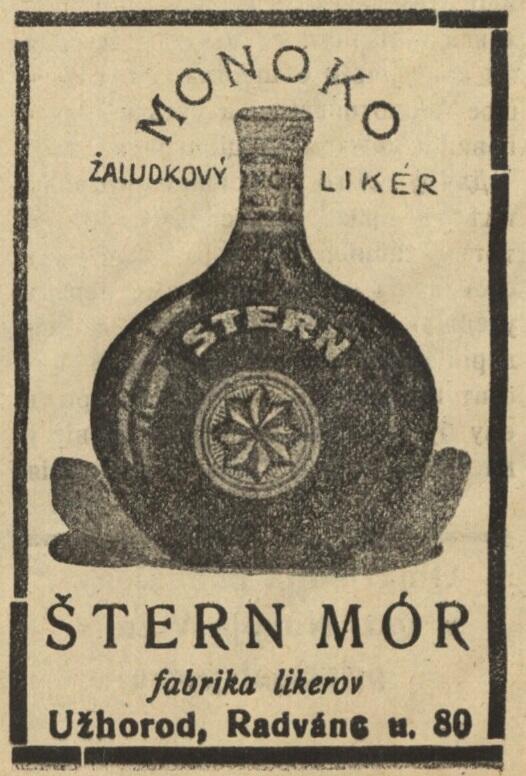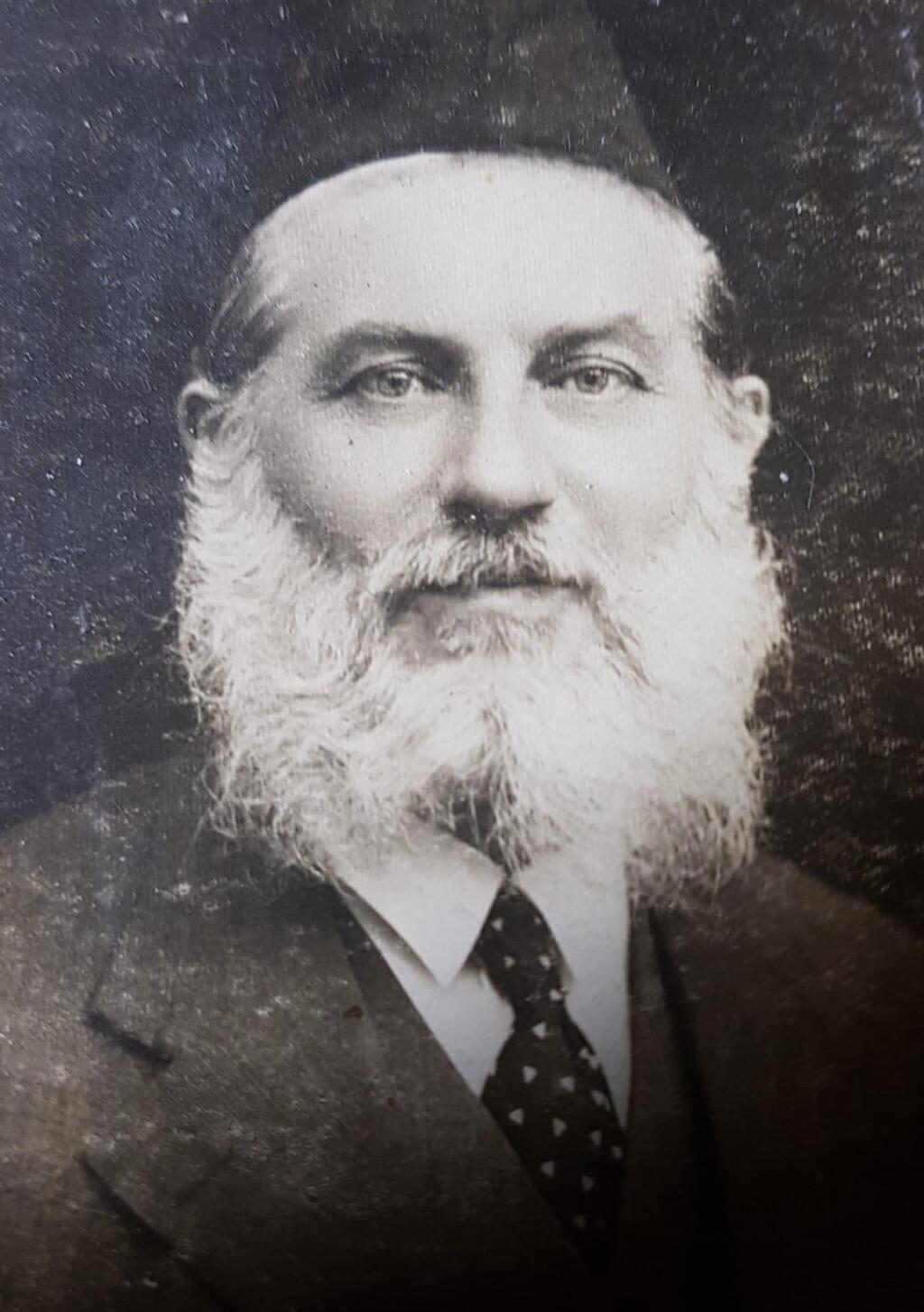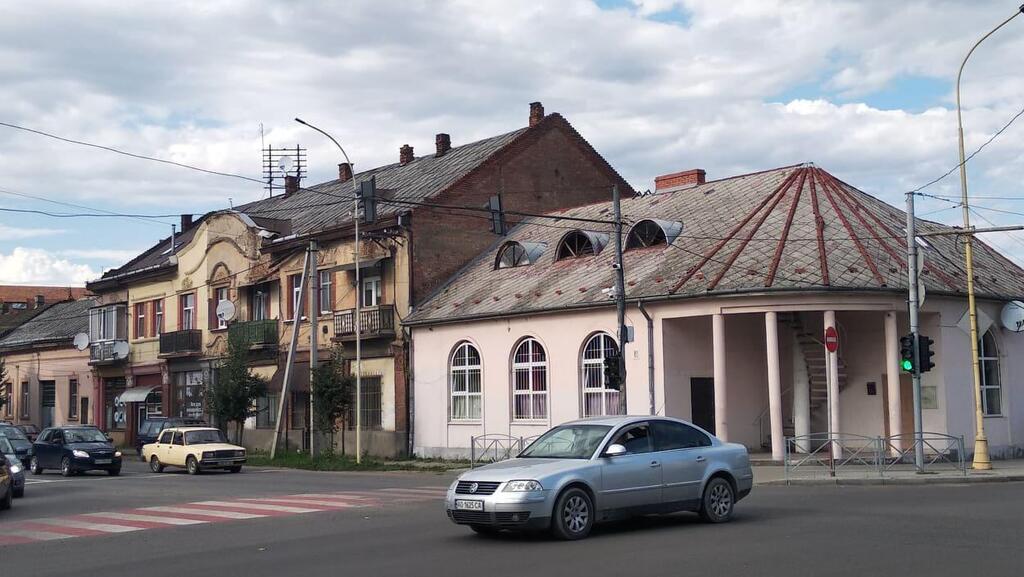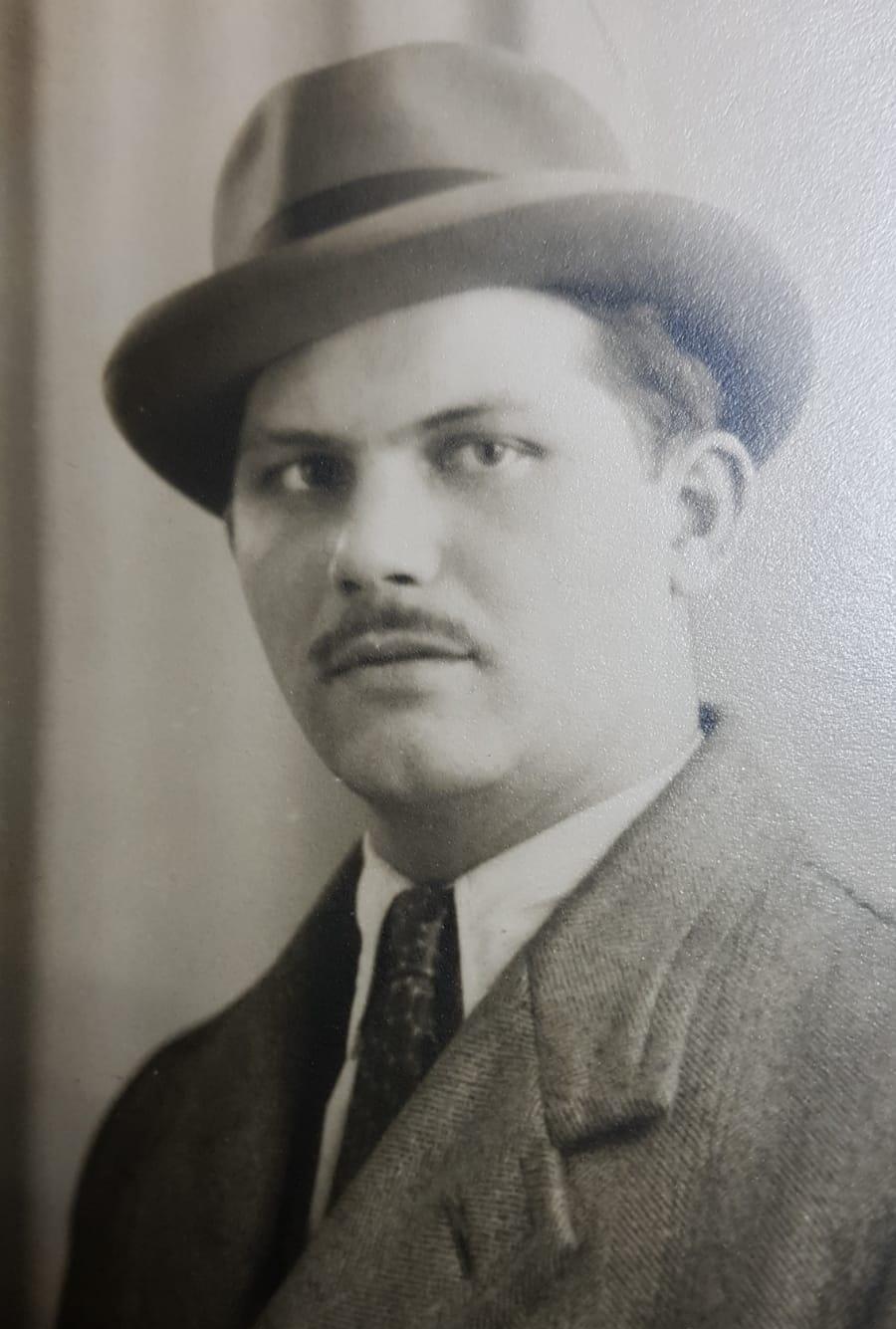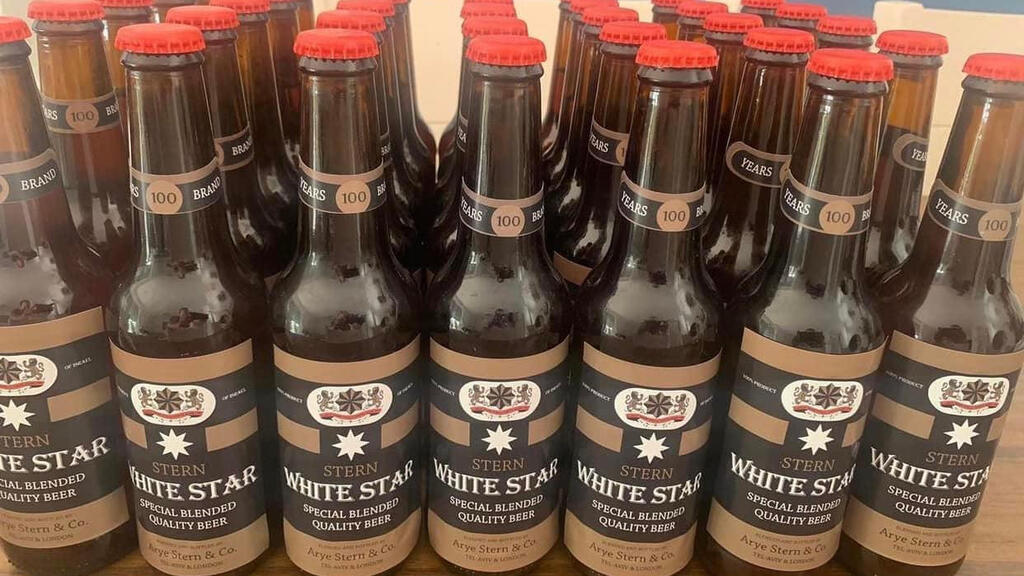Despite most of the Stern family legacy being wiped out by the Nazis during the Holocaust, their family's alcohol brand Stern White Star lives on, making all the way from 1920s Slovakia to 2022's Nes Ziona.
A local newspaper in Ukraine exposed the family's story through the perspective of Aryeh Stern, a hi-tech entrepreneur and Israeli tour guide who decided to bring revive his family's old business.
In the early 20th century, Mor and Regina Stern settled in Uzhhorod, located in present-day Ukraine. Mor opened a distillery and employed 13 workers that made an assortment of wines and liqueurs.
Among other things, they made rum that was often added to tea, plum liqueur, and quality wine which even won a few prizes in local competitions. Aside from their business, the family was involved in the local Jewish community and social projects.
Like most Jews residing in Eastern Europe, the Stern family started to sense trouble in the air toward the late 1930s and decided to send their son Rudolph to a safer place.
He went to study in England, and meanwhile, the rest of the Stern family faced the harsh reality of being Jews back home at the time.
In 1938, Uzhhorod was annexed by Hungaria. Mor Stern refused to conform to the anti-Semitic laws as much as he could, which led to his 10-day arrest in 1941. Stern still showed no intention of conforming and refused to hand over his belongings and move to the ghetto.
When spring of 1944 came along and all Jews were forcefully deported to concentration camps, Mor and his family remained in hiding in their basement. For two weeks, the Sterns and another family — a total of 21 people — hid in the basement.
After being discovered by authorities, they were deported to a different ghetto that was built only a few doors down from the Stern residence. Nonetheless, Mor and his children never returned home again.
In England meanwhile, young Rudolph followed the news unfolding. After he stopped receiving financial support from his father, he left his studies and began to work in a coal mine throughout World War II.
When the war ended, Rudolph learned that his parents had died, along with his three brothers and nephew. He planned to meet with his relatives who did survive in Prague, and arrived there with his wife Celia. He decided to take up his father's business in his memory.
The Stern family split up all over the world — some immigrating to America, others to Israel.
Rudolph Stern decided to reopen the family business in Great Britain. He took his first steps by opening a small wine shop in East London and then bought a whiskey distillery in Scotland which he designed to resemble his father's.
However, in 1978, Rudolph sold the distillery and invested in real estate, an investment that mushroomed to become a family business as well.
Fast forward to 2022, Aryeh Stern, one of Rudolph's grandkids living in Nes Ziona, decided to breathe new life into the Stern White Star brand.
"I make beer in traditional fashion, that way the memory lives on," he told Ynet.
Stern was brewing his own beer at home for years until he decided to go commercial and revive the family brand that lived on for seven generations.
For the time being, he's focusing on beer, but he aspires to expand his ambit to whiskey as well in the future.
"The logo on the bottles is the family crest, just like the coats of arms of the houses in Game of Thrones since Jewish families did not have last names back then," he said. "I'm resuming alcohol production like my ancestors did, in the same fashion they did it using the original family recipe, and of course, with our family crest as the logo.
It was important to me to create a beer that everyone would like. Quality beer, light and delicious. At the age of 120, when we all reunite up there — my father, my grandfather, and his grandfather — they'll ask me about the family crest, and I'll be able to say full-heartedly: I did it, I kept the brand alive."



